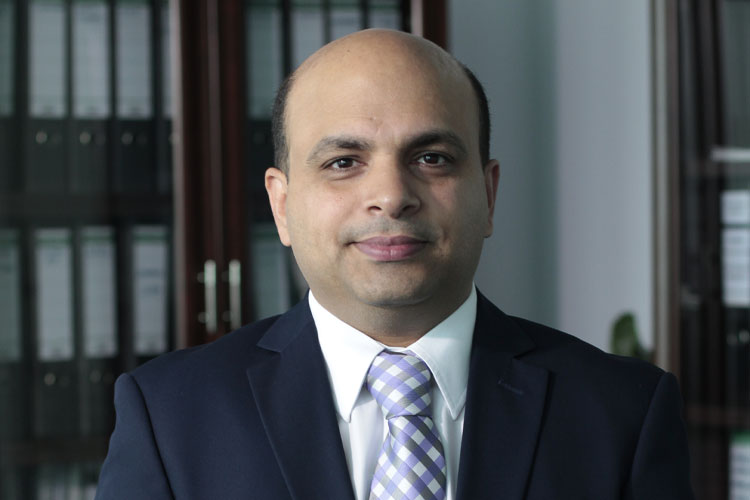

REM Times Exclusive: Shahid Nawaz, an Asset Management & Community Association Professional in Qatar, talks about how the most touted event of the year opens doors for the industry in the region.
November 24, 2022 | Megha S Anthony | Qatar | Asset Management

The 2022 World Cup is set to change the landscape of Qatar and beyond forever. The quadrennial tournament arrives in the Middle East for the first time in its 92-year history, making it the biggest sporting event ever to be held in the region and in many ways the culmination of the wider region’s grand ambitions in the world of sports. Many industry reports have stated how the stand-alone event has been a strategic instrument and an invaluable growth driver for a thriving economy beyond 2022 and an integral part of Qatar National Vision 2030.
Apart from several other factors, the FIFA World Cup has had an impact on the residential market as well. Megha S. Anthony, from REM Times, catches up with Shahid Nawaz, a seasoned Asset Management and Community Association professional, to get his take on how the World Cup will open doors for the growing sector in the region. Being the first and the only person achieving Certified Manager of Community Associations (CMCA ®) and Association Management Specialist (AMS®) designations within the State of Qatar, Shahid says that it is a matter of pride in how the local real estate industry has evolved within the last few years.
Excerpts from the interview:
A: With the onset of the FIFA World Cup 2022, the local real estate industry is gearing up for a period of unprecedented growth with huge interest from international investors and first-time buyers. Being the first Middle Eastern country to host the World Cup in the tournament’s history, the local residential market has bolstered even further by adding another 35,000 units during the first nine (9) months of 2022. Qatar’s population grew by close to 17% in the year ending October 31st, to a record 3 million people. With the start of the FIFA World Cup 2022, we are witnessing a scenario where demand continues to outstrip supply and put upward pressure on rents, reflecting an ongoing search for residential and retail space ahead of the tournament.
A: During the last few years, we have witnessed unparalleled support from all government entities and local authorities to support the local real estate industry. For example, the Ministry of Justice has taken necessary steps in creating a more transparent real estate market, opening doors for even more investments as part of the Qatar National Vision 2030. Sales demands are attributed to Qatar’s new foreign property ownership, and to investments laws and their inherent advantages as well as an increase in the “Freehold Zones”, under Law No. 16 of 2018 where foreigners are allowed to invest. Furthermore, the law grants residency to property owners, without the need of a sponsor, for property valued not less than USD 200,000, equivalent to QAR 730,000. Granting permanent residence privileges to property owners, with property with a value of not less than USD 1,000,000, equivalent to QAR 3,650,000, privileges include health and education in government institutions within the state and investment in activities of sectors of the national economy.
A: Leading freehold areas such as Lusail City and The Pearl Qatar have implemented certain laws around the formation of owners’ associations being responsible for overseeing, administering, and enforcing the duties and obligations laid out within the “Master Community Declaration” and “Constitution of the Co-Owners Association”. The Real Estate section within the Ministry of Justice has launched the “Single-Window” initiative and currently offering these facilities through the Ministry’s offices for the ownership and other transactional services within Lusail and Pearl, serving the Asset Management and Community Association industry and establishing an adequate framework to attract local and international investors.
To summarize, Shahid says that Qatar’s economy has already entered a new diversification phase driven by large real estate and infrastructure spending, and rapid population growth in preparation for the 2022 World Cup. “I foresee this phase just as an interim milestone in the larger vision of establishing a well-diversified and knowledge-based economy as set out in the Qatar National Vision 2030,” he concludes.